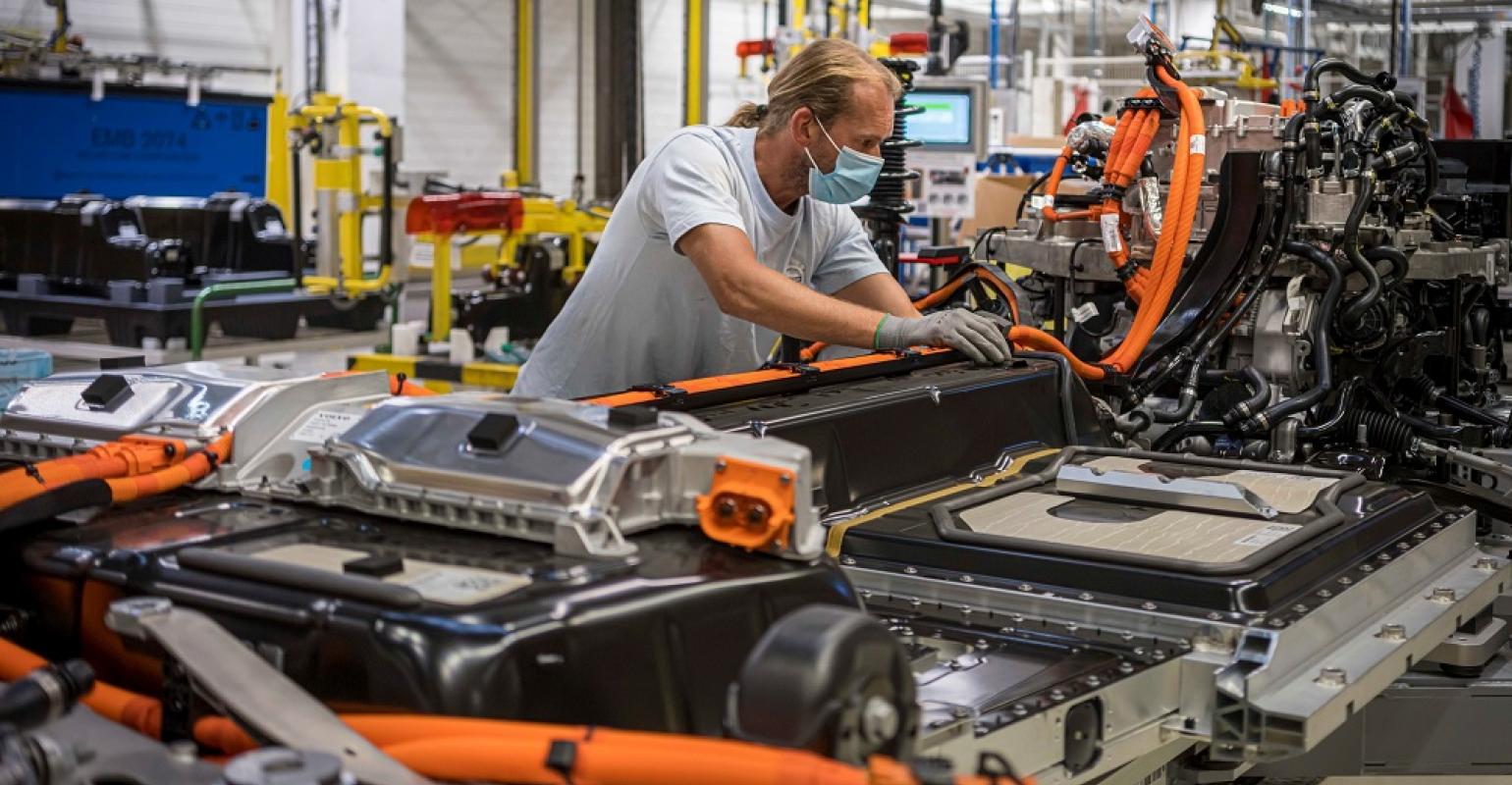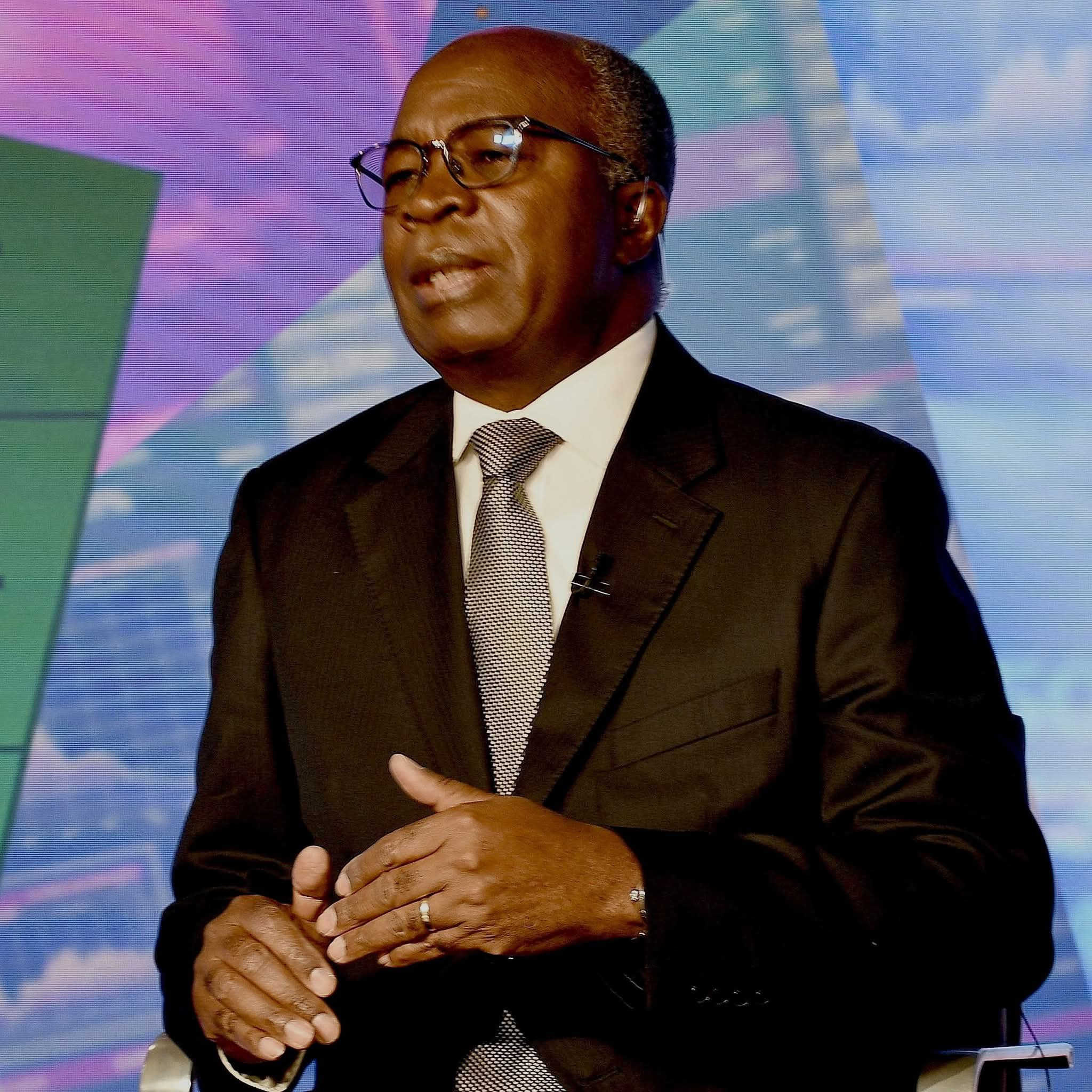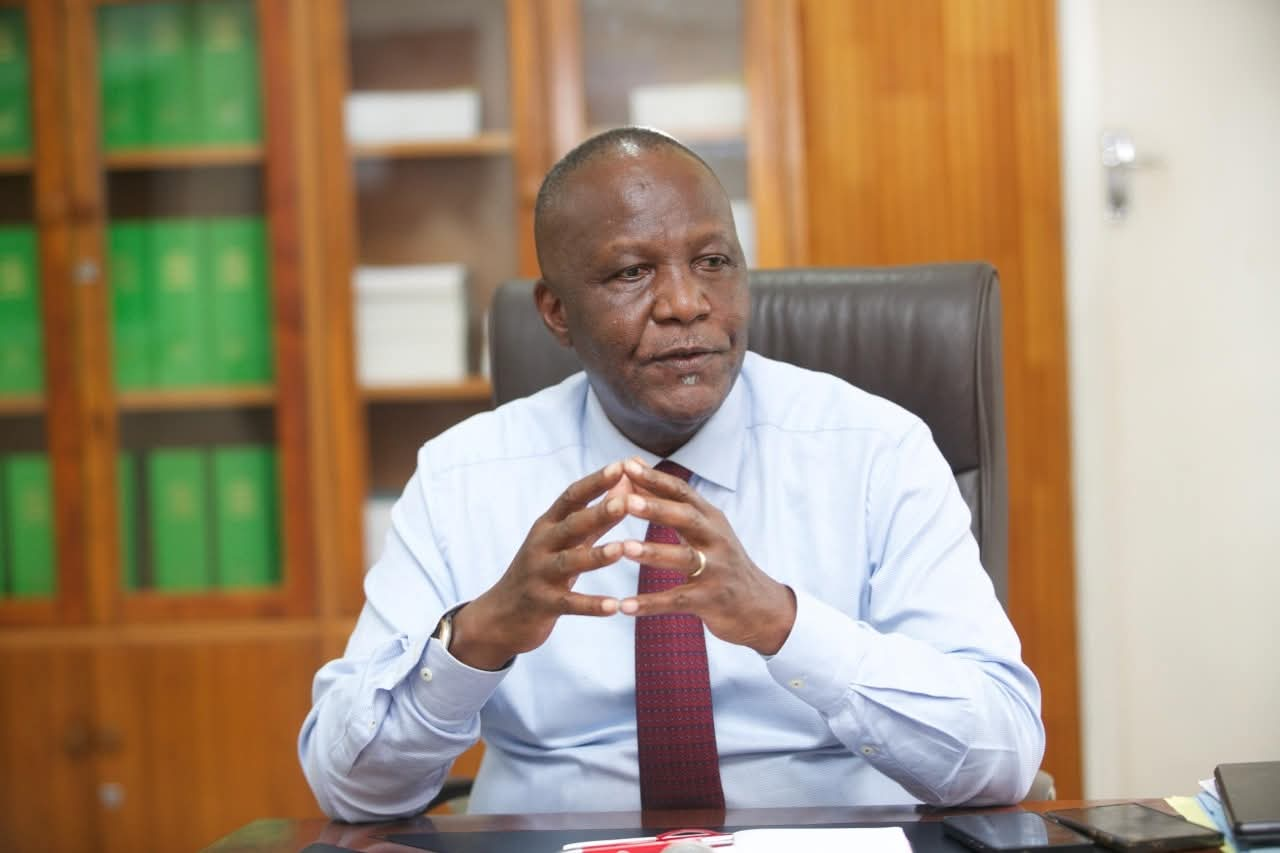AN initial investment of about US$250 million is earmarked for Zambia’s first-ever Battery Electric Vehicle (BEV) manufacturing plant to be financed by the African Export-Import Bank (Afreximbank).
With an expected aggregate investment exceeding half a billion United States dollars in the next two years, arising from investors that will set up base in the industrial park for the purposes of adding value to the copper, cobalt, and manganese mined in Zambia.
In an interview in Lusaka recently, Afreximbank President Benedict Oramah says the bank will provide an initial investment of between US$150 million and US$250 million to establish a BEV manufacturing plant in Zambia.
“There is a feasibility study that has been done…the way we can unlock the value in the battery industry if we invested US$300 million, then multiply that by how many billion value creating, so I expect the industrial park will build it,” he stated.
Prof Oramah said the Zambian Government had already identified the area where the industrial park would be located, stating that a team of experts from the bank was expected in the country to assess the land and come up with a report on the way forward.
He said the Zambian Government had agreed to make the land available, which would be used to develop the industrial park to be financed by the Fund for Export Development in Africa, a subsidiary of Afreximbank.
“We will be the lead investor in the project and we are going to develop the industrial park, attract investors to come in and invest in the parks and begin the processing of cobalt, copper, and lithium that are here and neighboring countries, and then make it imperative that the electric vehicle industry finds it rational for the business perspective to locate here and potentially in the Democratic Republic of Congo (DRC) where we shall soon advance this.
“So this is a very big flagship project and investment, because it brings jobs, technology, transforms the wasting resources and brings more value to the people of Zambia and Africa,” Pro. Oramah said.
He noted that almost 90 per cent of minerals that were used in making electric vehicles were exported to Europe and Asia where they were processed, indicating that the BEV industry was growing rapidly.
“Electric vehicle industry is growing rapidly so unless we do something deliberately about it in the next 10 to 15 years to come we will again be going round conferences complaining about Africa producing 90 per cent of the world’s cobalt and only getting three per cent of the value,” Prof Oramah said.
In order to avoid this, Prof Oramah stated that there was need to take action and was happy with the support the bank was receiving from President Hakainde Hichilema on the establishment of the BEV manufacturing plant and among other important projects.
“We are really proud of the determination of President Hichilema because we decided that we provide a comprehensive solution through trade policy, fiscal policies and investments to make sure we develop the battery and electric vehicle industry here as quickly as possible. It is actually here and in the DRC,” he said.
Prof Oramah further said Afreximbank was working with the United Nations Economic Commission for Africa (UNECA) where they would provide policy intervention and the bank would be bringing in the financing.
Developing such a value chain would enable Africa to capture a larger share of this expanding battery electric vehicles market projected to be worth 8.8 trillion by 2025 and 46 trillion by 2050.







